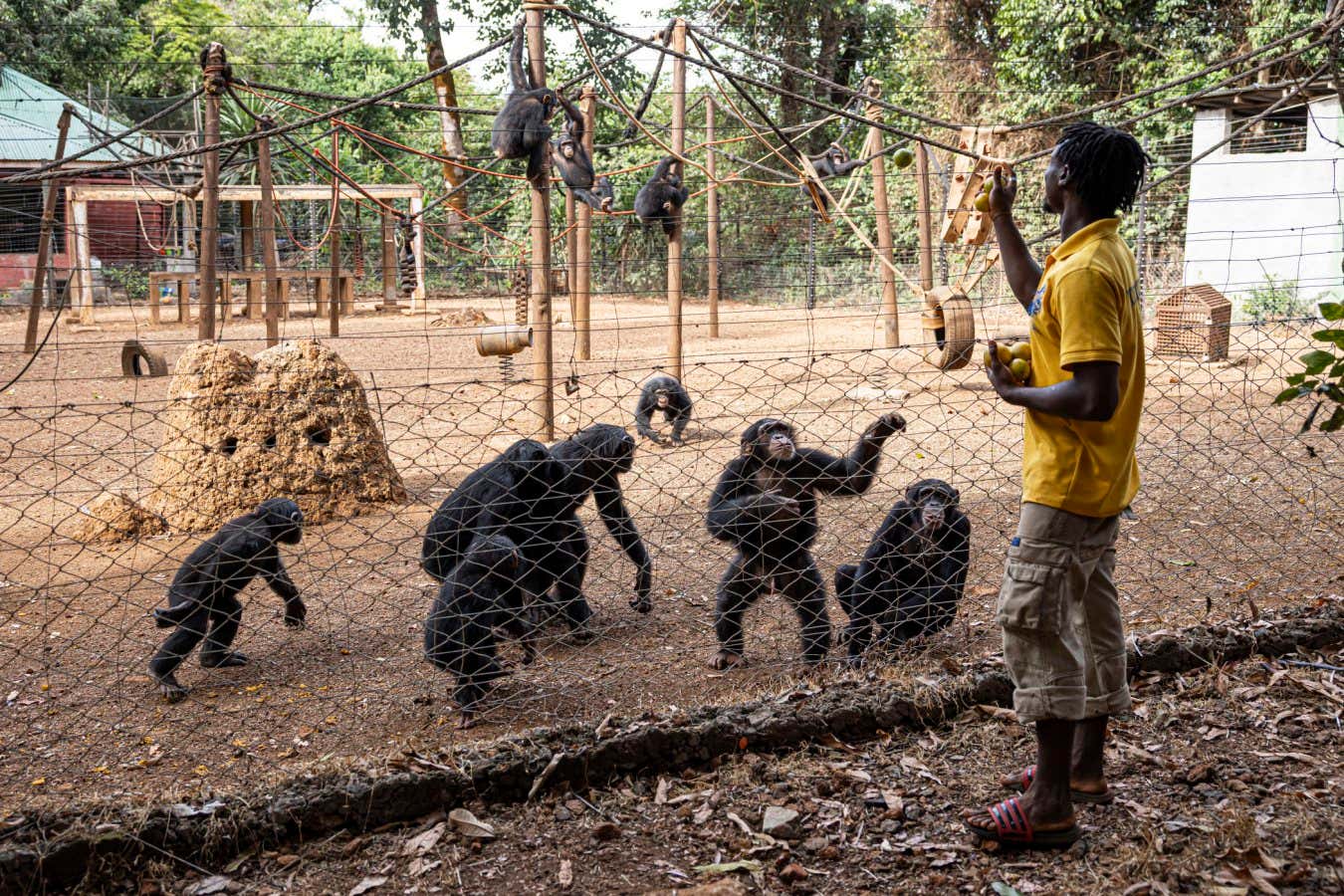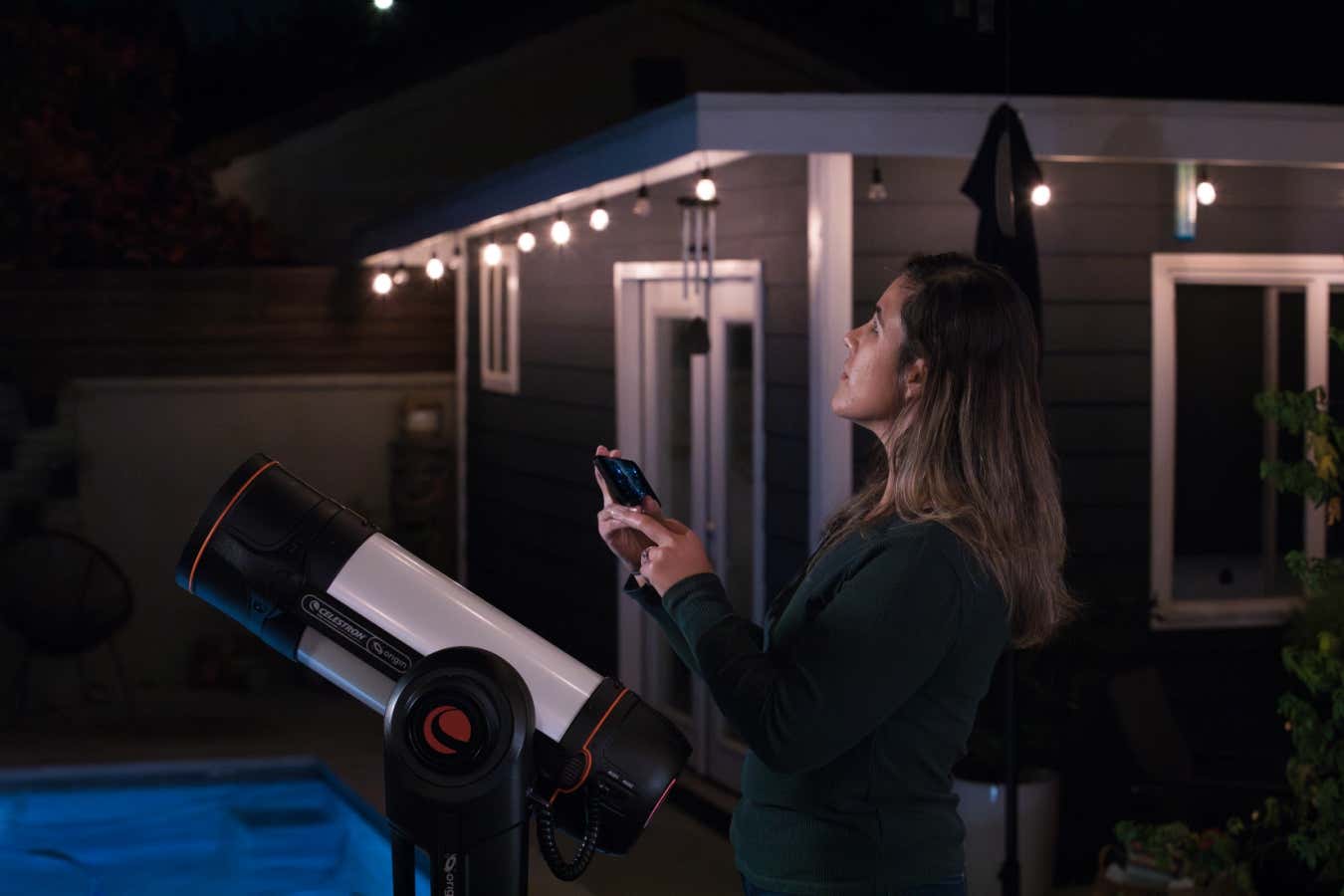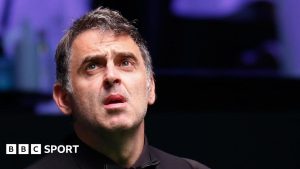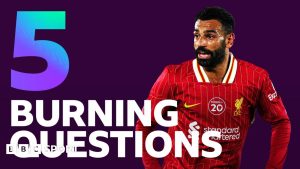Is the future of education outside universities?

“The US government is depriving universities of billions in federal funding…”
ROBYN BECK/AFP via Getty Images
In 1907, US historian Henry Adams first started circulating a memoir that would go on to be a smash hit in 1919: The Education of Henry Adams. Given Adams’s illustrious family – both his grandfather and great-grandfather were presidents – you might expect it to be a self-congratulatory tale of the wonders of US education.
Instead, it galvanised audiences with the bold claim that everything Adams had been taught in 19th-century schools was useless. Immersed in religious studies and the classics, he was ill-equipped for a world of mass electrification and automobiles. If education was supposed to prepare him for the future, he argued, it had failed.
Nearly 120 years later, Adams’s critique is once again relevant, especially in the US. New technologies are upending the traditional ways that students learn. The problem isn’t just the rise of AI models, though. It is also ideological. The US government is depriving universities of billions in federal funding while it demands more control over curriculums and admissions. The future of education is in chaos, but it isn’t dying; it is changing to meet the moment.
I was thinking about Adams as I sat down to take my first college course in over two decades. “Race, Media and International Affairs” is taught by journalist and international studies professor Karen Attiah. In 2024, Attiah covered politics at The Washington Post and taught international affairs at Columbia University in New York. But earlier this year, Columbia unceremoniously cancelled her courses. A few months later, Attiah says she was fired by the Post over social media posts regarding racism and right-wing activist Charlie Kirk. The newspaper declined to comment on Attiah’s dismissal at that time.
But, in Attiah’s words: “This is not the time for media literacy or historical knowledge to be held hostage by institutions bending the knee to authoritarianism and fear.” So she converted her Columbia class into what she called “Resistance Summer School“, which she would livestream to anyone who paid a tuition fee. Five hundred students enrolled within 48 hours, and the wait list was huge. Now, she is teaching two courses this fall, including mine.
In many ways, Attiah’s class feels like a throwback to the courses I took in college over 25 years ago. Sitting at a desk, Attiah lectures on topics such as how colonial newspapers in the 1600s described wars with Indigenous nations in the colonies, and why the media failed to cover Japan’s Racial Equality Proposal for the Treaty of Versailles in 1919. Weaving together the history of US media and international race relations, Attiah has taught me a lot that I never knew, despite working my whole adult life as a journalist and occasional media studies professor. I feel like I am back in college, in the best possible sense.
“
I fear for academic institutions, but not for the future of education. The quest for knowledge can never be stopped
“
Attiah’s no-nonsense approach stands in stark contrast to other professors who have taken their work online. Philosophy Tube, a long-running series of lectures delivered by philosopher Abigail Thorn on YouTube, teaches modern philosophy with effects, costumes and witty scripting. But Thorn’s aim is the same as Attiah’s: she wants to make education as publicly accessible as possible, and to question authority without academic constraints.
Attiah and Thorn are following in the footsteps of the scholar and activist Stuart Hall. After teaching cultural studies at the University of Birmingham, UK, in the 1960s and 70s, he wanted to break out of his ivory tower and teach the British public about racism in the media. So he co-wrote and co-hosted a documentary for the BBC in 1979 called It Ain’t Half-Racist, Mum, about racial bias in news reports and TV shows about Black immigrants.
When the public can’t gain access to higher education, Hall suggested, then higher education should come to the public. And that is exactly what educators are doing now. Some are teaching for free, relying on crowdfunding; others, like Attiah, are using a subscription model. Either way, they are finding ways to educate.
But what about students who don’t want to stare at a screen for hours? There is a new movement afoot to reach these learners too. Hacker and maker spaces – community centres for learning about science and engineering – are springing up all over the world. Members can take classes in everything from electronics to 3D printing and welding.
As Adams argued, education should prepare us for what is coming next. And what is coming, I believe, is a world where academic freedom exists only outside academia. I fear for the future of academic institutions, but not for the future of education. As long as we support our renegade professors and hacker space tutors, the quest for knowledge will never be stopped.
Annalee’s week
What I’m reading
The Keeper of Magical Things by Julie Leong, a cosy fantasy about archivist mages.
What I’m watching
Frankenhooker, the greatest adaptation of Frankenstein ever made.
What I’m working on
Doing homework for Karen Attiah’s class!
Annalee Newitz is a science journalist and author. Their latest book is Automatic Noodle. They are the co-host of the Hugo-winning podcast Our Opinions Are Correct. You can follow them @annaleen and their website is techsploitation.com
Topics:
Share this content:














إرسال التعليق